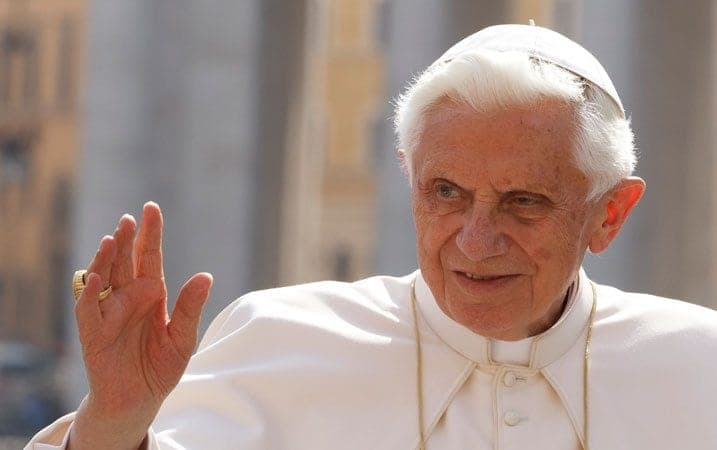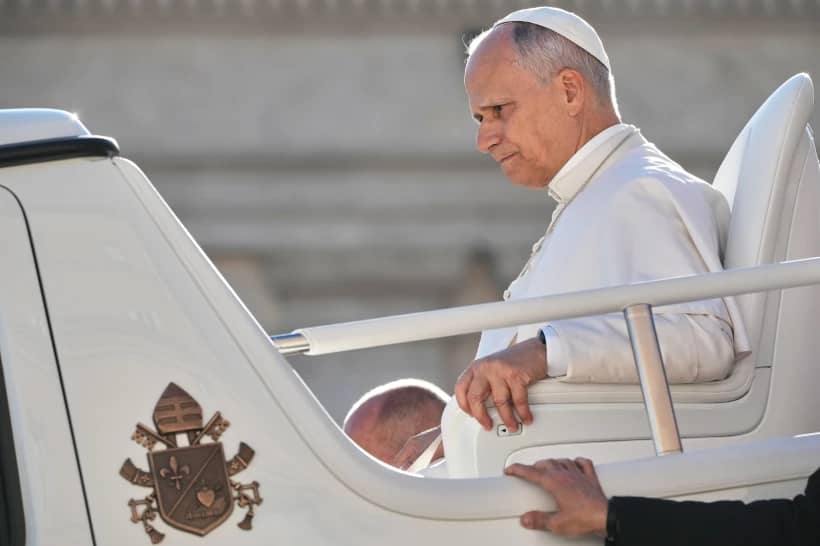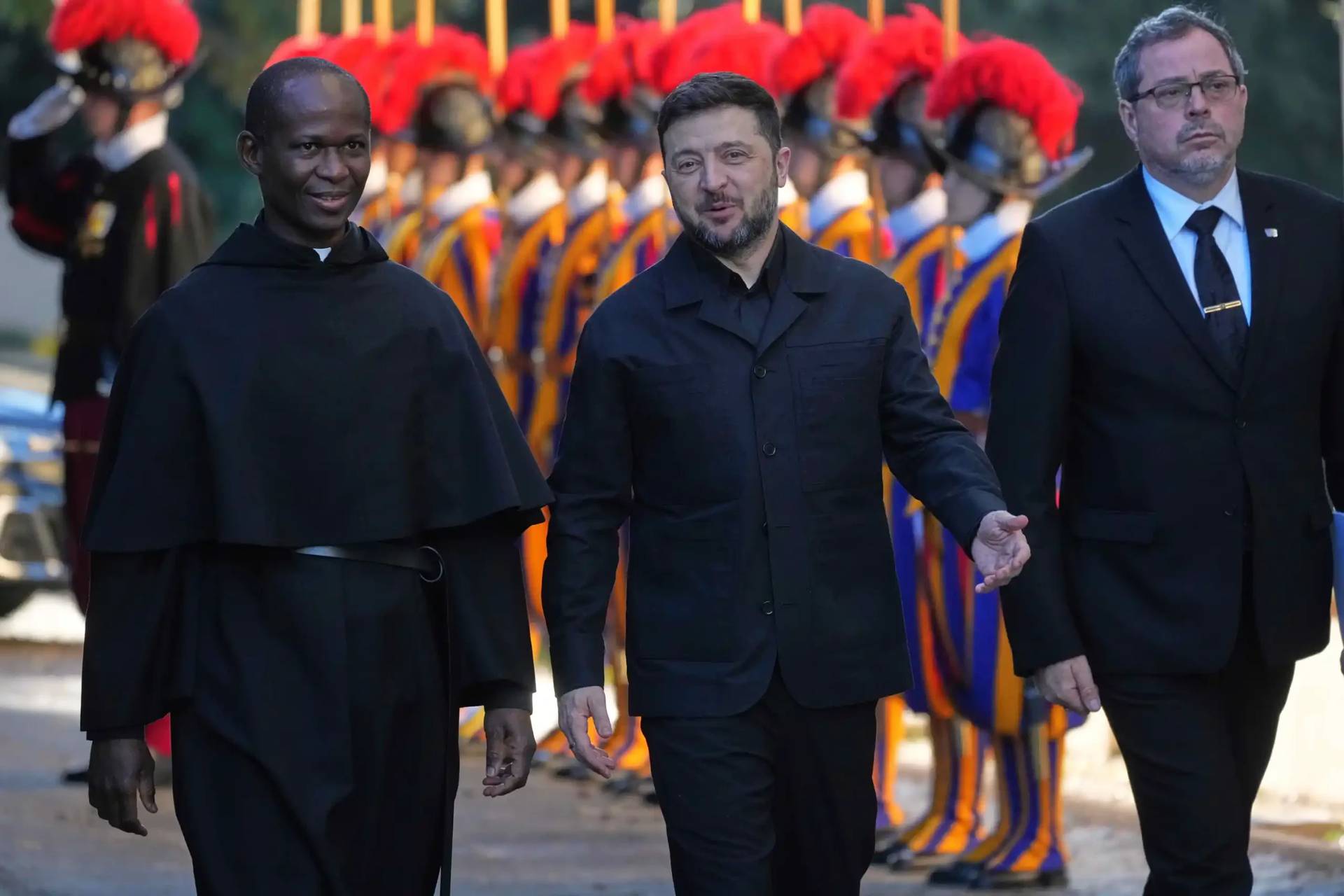ROME— Ever since February 28, 2013, when emeritus Pope Benedict XVI unexpectedly, and in Latin, announced his resignation, theories regarding why became too numerous to count: scandals over leaked confidential documents, his health, an alleged “gay lobby” in the Vatican, and so on.
Benedict said at the time he was stepping down because he was 86 and lacked the strength to continue with his mission of leading an institution present in every corner of the world, with over 1.2 billion members.
In a recent interview he expanded on that explanation, adding more details. Among other things, he said that his March 2012 trip to Mexico and Cuba had taken such a toll that he knew he’d be incapable of making another grueling international trip. He says he agreed with his doctor it’d be better if he didn’t make such a demanding outing.
He had one looming: A July 2013 trip to Rio de Janeiro, Brazil, to lead millions of youth from around the world in a week-long festival known as World Youth Day in July 2013. Hence he saw it as his “duty” to resign from the papacy, sooner rather than later after his return from Mexico and Cuba.
That snippet was shared by the emeritus pope himself in an interview with Italian Elio Guerrero, author of the upcoming book “Servant of God and Humanity: The biography of Benedict XVI.” It’ll be released in Italian on August 30, and no date for an English publication has yet been announced.
The book includes not only a preface by Pope Francis, but also an interview Guerrero had with Benedict.
The emeritus pope also reveals that he wasn’t worried with his decision, because from the beginning of his pontificate he knew he was “a simple and humble worker in the vineyard of the Lord.”
“From the beginning I was conscious of my limits and I accepted [the papacy], as I’ve always tried to do in my life, in a spirit of obedience,” Benedict says. “Then there were the difficulties, more or less big, in the pontificate, but there were also so many graces. I realized that I couldn’t do all that I had to alone, so I was forced to put myself in God’s hands.”
He also speaks of God’s Mother, and several saints, “companions of a life journey,” such as St. Augustine and St. Bonaventure. Yet, he adds, not all his support “came from above. Every day I received numerous letters not only from the greats of this earth, but also from humble and simple people who wanted to let me know that they were close to me, that they prayed for me.”
These letters, it’s well known, continue to arrive, and he’s taken the time to answer many of them.
As he’s done several times since his resignation, Benedict also had words of praise for his successor. Sharing some personal details, he says Francis had tried calling him right after his election, but when the Argentine couldn’t reach the German, the pope had phoned him again right after greeting the crowd that had gathered to welcome him in St. Peter’s Square.
“Obedience to my successor was never put into discussion. But later came a feeling of deep communion and friendship,” Benedict shares.
Personally, the emeritus pope says, he’s been very touched by Francis’ “extraordinary human availability.”
Benedict XVI also thanks Francis for the gift of a “marvelous fatherly-brotherly relationship,” with the Argentine pope often sending him small gifts or hand-written letters, and always finding the time to visit his predecessor before embarking on a long trip.
“The human kindness with which he treats me, is for me a special grace in this last phase of my life. What he says regarding being available to others is not just words. He puts it in practice with me,” Benedict says.
In the preface, Francis writes that the Church has a “great debt of gratitude” towards Joseph Ratzinger-Benedict XVI for the profundity and equilibrium of his theology.
“The courage and the determination with which he confronted difficult situations have indicated the path to respond to them with humility and truth, in spirit of renewal and purification,” Francis wrote.













